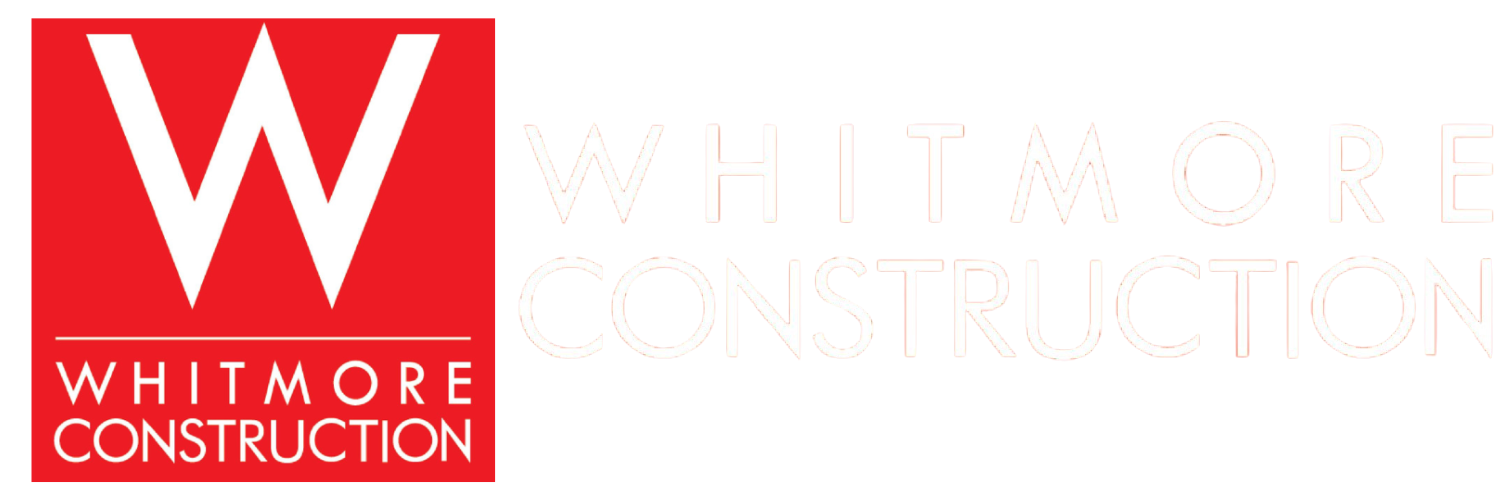 Invoice factoring is an increasingly popular financial solution for construction companies in Grand Prairie. As construction projects often involve delayed payments, understanding the nuances of invoice factoring can empower business owners to maintain healthy operations. This article explores the fundamental aspects of invoice factoring, its benefits specifically for the construction industry, and critical elements to consider when selecting a factoring partner.
Invoice factoring is an increasingly popular financial solution for construction companies in Grand Prairie. As construction projects often involve delayed payments, understanding the nuances of invoice factoring can empower business owners to maintain healthy operations. This article explores the fundamental aspects of invoice factoring, its benefits specifically for the construction industry, and critical elements to consider when selecting a factoring partner.
Understanding Invoice Factoring
Invoice factoring is a financial transaction in which a company sells its accounts receivable (invoices) to a third party, known as a factoring company, at a discount. This arrangement allows companies to receive immediate cash flow without waiting for clients to pay their invoices.
In a typical factoring process, the factoring company advances a significant percentage of the invoice amount, usually around 70-90%. Once the client pays the invoice, the factoring company releases the remainder, minus a fee. This method provides companies with quicker access to capital, allowing them to cover ongoing business expenses.
The Basics of Invoice Factoring
The mechanism of invoice factoring is straightforward yet effective. When a construction company provides services or goods to a client, it generates an invoice. Instead of waiting for the client to remit payment (which may take 30, 60, or even 90 days), the construction company can sell that invoice.
This instant liquidity enables the business to pay for materials, labor, and other operational costs without interruption. Many construction companies find this beneficial during peak seasons when cash flow may be tight due to upfront project costs. Additionally, the process is often quite flexible, allowing companies to choose which invoices to factor based on their immediate cash needs, thus tailoring their financial strategy to their specific circumstances.
Benefits of Invoice Factoring for Construction Companies
For construction companies, the benefits of invoice factoring are particularly pronounced. Here are some of the advantages:
- Improved Cash Flow: Access to immediate cash allows companies to invest in projects and address day-to-day expenses.
- Reduced Payroll Delays: Prompt payments ensure that employees and subcontractors are paid on time, fostering morale and productivity.
- Flexibility: Factoring can scale with the company’s growth; as more invoices are generated, more cash can be obtained.
- Focus on Core Operations: With financial stability, companies can concentrate on project execution rather than financial worries.
Moreover, invoice factoring can also enhance a company’s credit profile. By maintaining a steady cash flow and meeting financial obligations promptly, businesses can build a positive reputation with suppliers and creditors. This can lead to better terms on future contracts and potentially lower costs for materials and services. Additionally, factoring companies often provide valuable insights and analytics regarding a company’s receivables, helping construction firms manage their finances more effectively and make informed decisions about future projects.
It’s important to note that while invoice factoring can be a powerful tool for improving cash flow, it is not without its costs. The fees associated with factoring can vary significantly based on the factoring company’s terms and the perceived risk of the invoices being factored. Therefore, construction companies should carefully evaluate their options and consider the long-term implications of using factoring as a financial strategy. By doing so, they can ensure that they are making the best choice for their unique business needs and financial goals.
The Role of Invoice Factoring in Construction Industry
In the construction industry, where project timelines and cash flow cycles can be unpredictable, invoice factoring plays a substantial role. Its impact extends over various aspects of a company’s operations.
Cash Flow Management in Construction
Cash flow management is critical in construction, where companies often face inconsistent payment schedules. Invoice factoring offers a viable solution to alleviate cash flow constraints. By converting invoices into cash quickly, construction firms can maintain a steady flow of funds required for ongoing projects.
This financial flexibility allows construction companies to manage large projects without compromising their financial health. In turn, this leads to smoother operations and increased project efficiency.
Mitigating Financial Risks with Invoice Factoring
Construction projects can be risky, often involving uncertain conditions and fluctuating costs. Invoice factoring helps mitigate financial risks associated with delayed payments. It provides a safety net that ensures companies can meet their financial obligations regardless of client payment timelines.
Additionally, factoring companies often conduct credit checks on clients, offering construction firms insights into the creditworthiness of their customers. This can aid in making informed decisions regarding project partnerships.
Choosing the Right Invoice Factoring Company in Grand Prairie
When selecting a factoring company, construction firms must consider specific criteria to ensure they choose a partner that aligns with their business needs.
Factors to Consider When Selecting a Factoring Company
Several factors should guide the selection process:
- Fees and Rates: Understanding the cost structure is crucial. Compare different companies to find the one offering the most competitive rates.
- Industry Experience: A factoring company with experience in the construction sector will understand the unique challenges faced.
- Customer Service: Look for a company with a reputation for excellent customer service and support.
- Funding Speed: Analyze how quickly a company can advance funds after invoice submission.
The Process of Working with a Factoring Company
Working with a factoring company typically involves several straightforward steps:
- Application Submission: The company applies for factoring by submitting invoices and financial statements.
- Approval and Agreement: After due diligence, the factoring company provides an offer, and upon acceptance, an agreement is signed.
- Invoicing: The construction company submits invoices for funding.
- Funding: The factoring company advances the agreed percentage of the invoice amount.
Common Misconceptions about Invoice Factoring
Despite its benefits, invoice factoring often faces misconceptions that can deter companies from considering it as a viable financing option.
Debunking Myths about Invoice Factoring
One common myth is that invoice factoring serves only companies in distress. In reality, many thriving construction companies use factoring to maintain cash flow and support growth. Another misconception is that factoring is akin to debt, whereas it’s more accurately a means of accelerating cash flow through the sale of assets.
Understanding these misconceptions is essential as they can lead to missed opportunities for leveraging available financial tools.
The Reality of Invoice Factoring for Construction Companies
The truth is that invoice factoring can be an advantageous financial strategy, offering both immediate liquidity and ongoing financial stability. It enables construction firms to operate smoothly while managing unpredictable project timelines.
By acknowledging the reality of invoice factoring, construction companies can make informed decisions that support their long-term success.
Future of Invoice Factoring in Construction Industry
As technology continues to evolve, the future of invoice factoring is promising, especially within the construction industry. Keeping an eye on emerging trends can provide valuable insights for firms looking to enhance their financial strategies.
Technological Advancements in Invoice Factoring
Technological advancements, such as automated invoicing and real-time financial analytics, are shaping the future of invoice factoring. These tools enhance efficiency, allowing for quicker processing and transparency in transactions.
Moreover, advancements in artificial intelligence are enabling more accurate assessments of credit risk, further refining the factoring process.
Predicted Trends in Construction Invoice Factoring
The future is likely to see an increase in the number of construction companies embracing invoice factoring. As cash flow becomes a greater issue in a fluctuating economy, more businesses will turn to factoring as a reliable source of working capital.
Additionally, the integration of technology in this financial practice is expected to lead to more personalized and streamlined services. Consequently, the collaboration between factoring companies and construction firms will become more strategic, focusing on mutual growth and stability.
At Whitmore Construction, we understand the importance of maintaining a steady cash flow to keep your projects moving forward. Our comprehensive in-house services and partnerships with trusted vendors ensure that we’re always ready to meet your construction needs with expertise and efficiency. We prioritize the implementation, maintenance, and integrity of your projects, consistently aiming to exceed expectations through our continuous improvement policies. With a commitment to excellence and a proven track record in utility construction, including Fiber to the Home (FTTH) network deployments and challenging aerial plant environments, we’re equipped to handle your demands. If you’re ready to experience a service that caters to all your utility construction needs and leverages the benefits of invoice factoring for seamless operations, Start Now!
